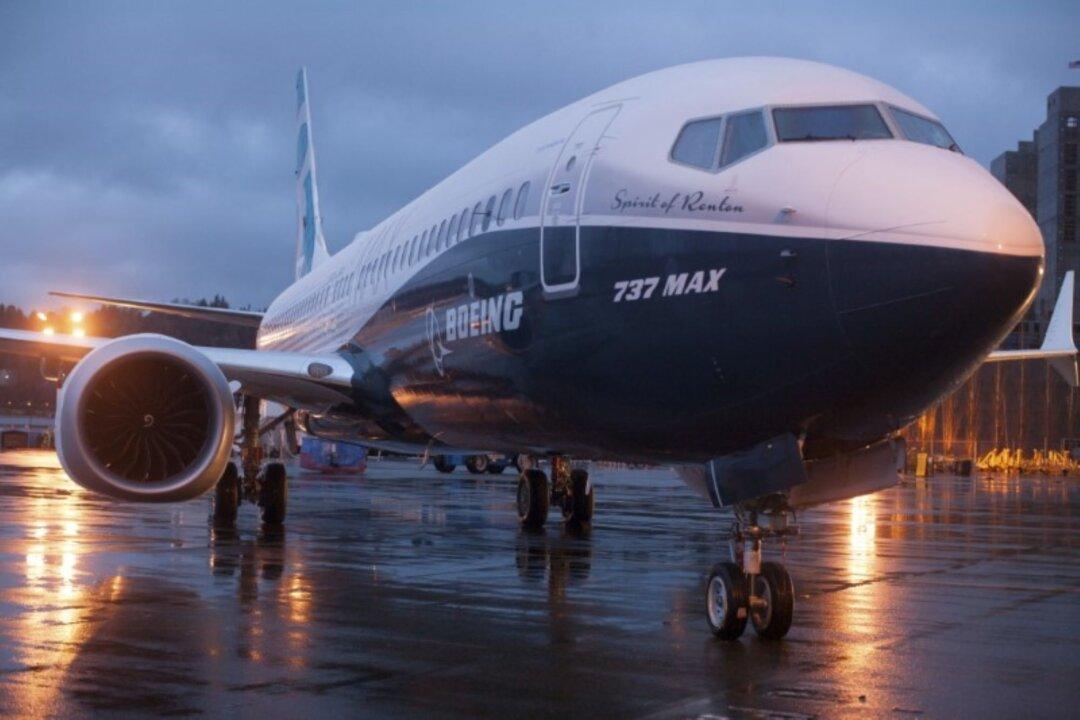European low-cost carriers will help drive demand for new planes in the region over the next 20 years, as airlines replace their older fleets with more fuel-efficient jets, planemaker Boeing said on Sept. 21.
Boeing said that it expects airlines in Europe to order 7,100 new single-aisle planes between now and 2040. Single-aisle planes are typically used for short haul journeys.




